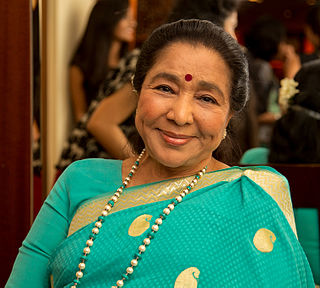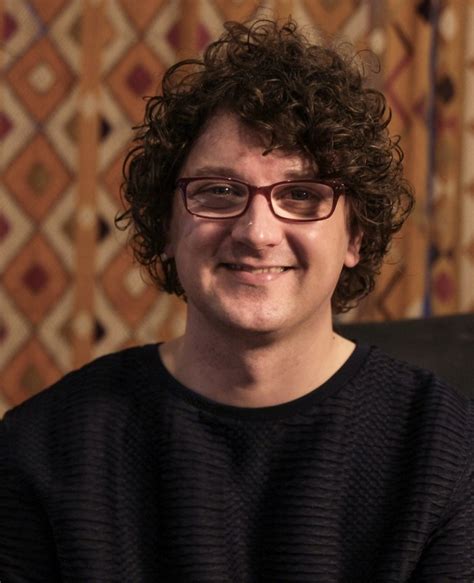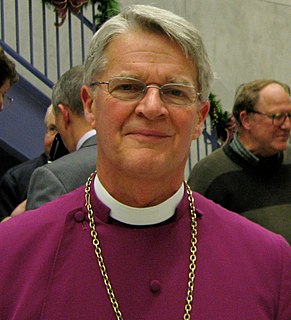A Quote by David Crystal
Languages like English, Spanish, and Chinese are healthy languages. They exist in spoken, written, and signed forms, and they're used by hundreds of millions of people all over the world. But most of the 6,000 or so of the world's languages aren't in such a healthy state.
Related Quotes
Each year, in this world, several languages do die out. There are certain languages that have their survival assured for many years, such as English, but there are other languages whose survival is not so sure, such as Catalan, especially if they don't have a state that protects them. Catalan is spoken in Catalonia, Valencia, the Balearic Islands, and Andorra. There are about ten million people who understand it and eight and a half who can speak it. But its future is much less certain than, for example, Danish or Slovenian or Latvian, because they have a state.
I work in Hebrew. Hebrew is deeply inspired by other languages. Not now, for the last three thousand years, Hebrew has been penetrated and fertilized by ancient Semitic languages - by Aramaic, by Greek, by Latin, by Arabic, by Yiddish, by Latino, by German, by Russian, by English, I could go on and on. It's very much like English. The English language took in many many fertilizations, many many genes, from other languages, from foreign languages - Latin, French, Nordic languages, German, Scandinavian languages. Every language has influences and is an influence.
Writing in African languages became a topic of discussion in conferences, in schools, in classrooms; the issue is always being raised - so it's no longer "in the closet," as it were. It's part of the discussion going on about the future of African literature. The same questions are there in Native American languages, they're there in native Canadian languages, they're there is some marginalized European languages, like say, Irish. So what I thought was just an African problem or issue is actually a global phenomenon about relationships of power between languages and cultures.



































